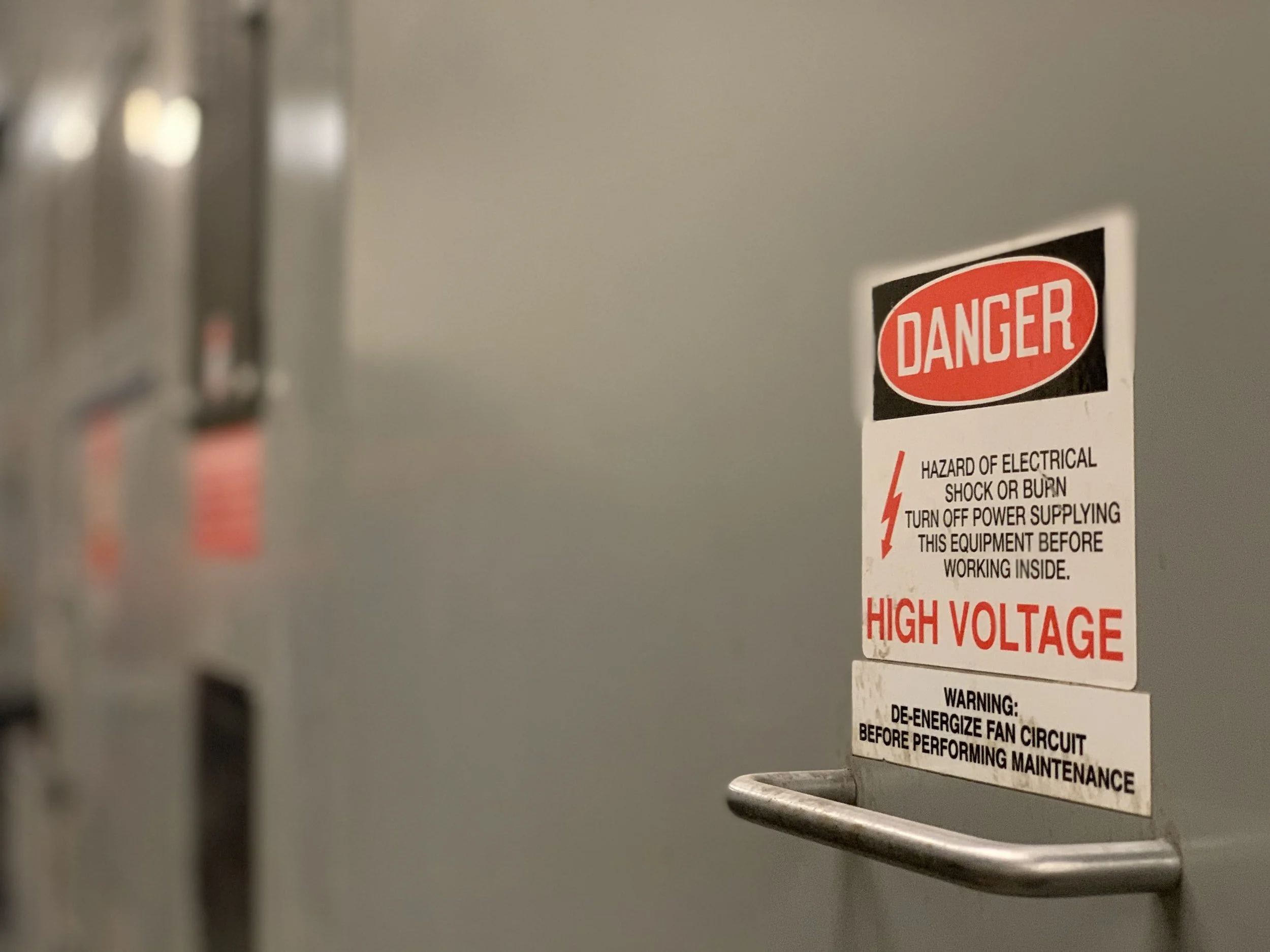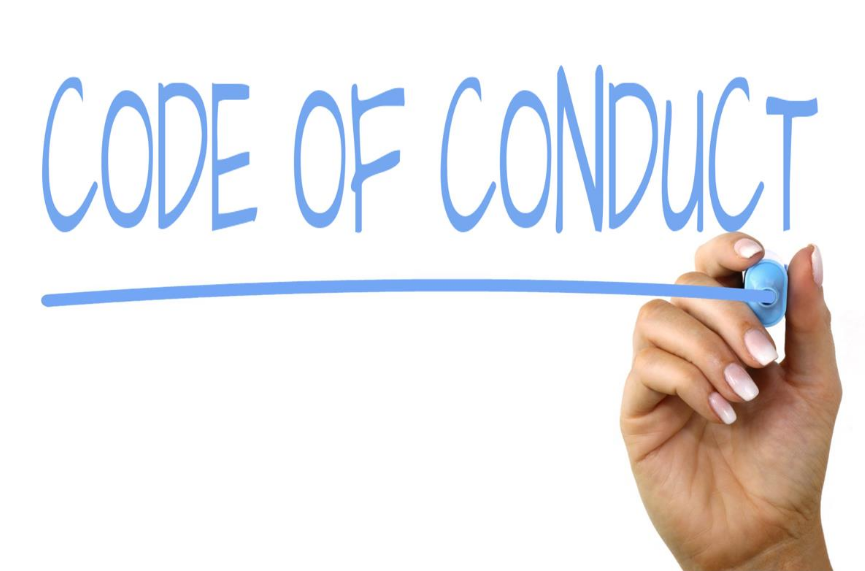Australian businesses must do all they can to prevent and address sexual harassment and discrimination happening in their workplaces. Here’s how to reduce your risks and comply with the new standards.
Read MoreArborists’ work rates as one of the highest safety risks of Australian businesses. Use our checklist to revise and refresh your approach to safety and risk management.
Read MoreSmall businesses have responsibilities to ensure workplace safety, but it can be confusing knowing what to do. Here’s how to identify hazards & develop systems to improve your risk management.
Read MoreWhen planning a work Christmas party, here’s how your business can minimise and monitor the risks before, during and after the event. These measures will help reduce your liabilities.
Read MoreUnder the current superannuation guarantee, employers must pay superannuation contributions of 10% of an employee's ordinary time earnings when they earn over $450 per month before tax.
Read MoreThere are specific processes and record keeping requirements that are set out in the Fair Work Act 2009 and it is important to keep on top of these in case Fair Work chooses to audit your business.
Read MoreA probation period serves several purposes – as an employer, a probation period allows assessment of the employee's fitness and suitability for the position and business. It is also a period of training, coaching, ongoing assessment and possibly at times, time for correction. For the employee, it is a time they can assess whether the position and business are really what was expected and, if not, they have the option to resign.
Read MoreThe COVID-19 pandemic has changed the way Australia works. Remote working, flexible hours, casual attire, an expansion of e-learning and a resilient business model have become the new normal. Find Out More Here
Read MoreMost businesses use social media as a marketing tool and despite its broad acceptance, business owners and managers need to understand and manage the risks that come with the use of social media in the workplace.
Read MoreBusiness owners expend considerable cost and energy in protecting the reputation of their business. Employees who are engaged become very effective ambassadors for your business – they want to promote your business, its products, services and its branding. How can you support the engagement of your employees?
Read MoreWhat should I know if I want to ‘close down’ my business for brief period?
Read MoreBusinesses have had to be flexible during the COVID-19 pandemic and it has become evident that many roles can be effectively actioned from home. However, if an employer directs an employee to return to the workplace, can an employee refuse this request?
Have your staff leave accruals blown out over the course of this year? Many businesses choose to have a close down at some point during the year and often it is over the Christmas and New Year’s period.
This helps manage the overflow of increased leave accrual, and ensures your staff get a decent break.
Many businesses use social media as a marketing vehicle as well and so its acceptance is growing constantly. Despite this broad acceptance, business owners and managers will need to understand and manage the risks that come with the use of social media in the workplace.
Read MoreThe holiday season is essentially over and many of us are returning to work and finding it hard to adjust. Some of the adjustment is about traveling to and from work in traffic, others include spending time again with people you have not seen or spoken with for weeks, learning again how the computer works and even trying to remember your password.
Read MoreWhen a business considers engaging someone to perform work, often the decision is about whether to engage them as an employee or as a contractor. The decision is sometimes quite difficult and the difference has implications for items such as, yet not limited to, taxation, superannuation, control and liability.
Read MoreThe Fair Work Act, the Australian Taxation Office and other legislation places controls on the engagement of both contractors and employees.
Read MoreA code of conduct is an ideal way to realise desired employee behaviours and performance and to supplement business policies. It is a set of expectations and responsibilities of, or proper practices for an individual or organisation.
Read More

















